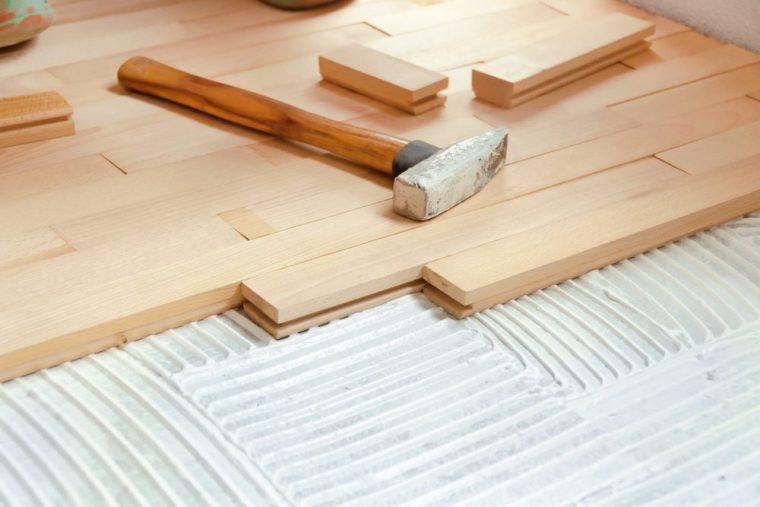
Ultimate guide to flooring hardness and acoustics ratings: Janka and more
Easy to maintain and vibrating with warmth, timber flooring is the surest way to improve the look and feel of your home. Given indoor flooring isn’t exposed to the same harsh elements as outdoor decking, it’s not unusual for the importance of flooring durability to be overlooked. From sound ratings to choosing the right timber species, this is your ultimate guide to flooring timber.
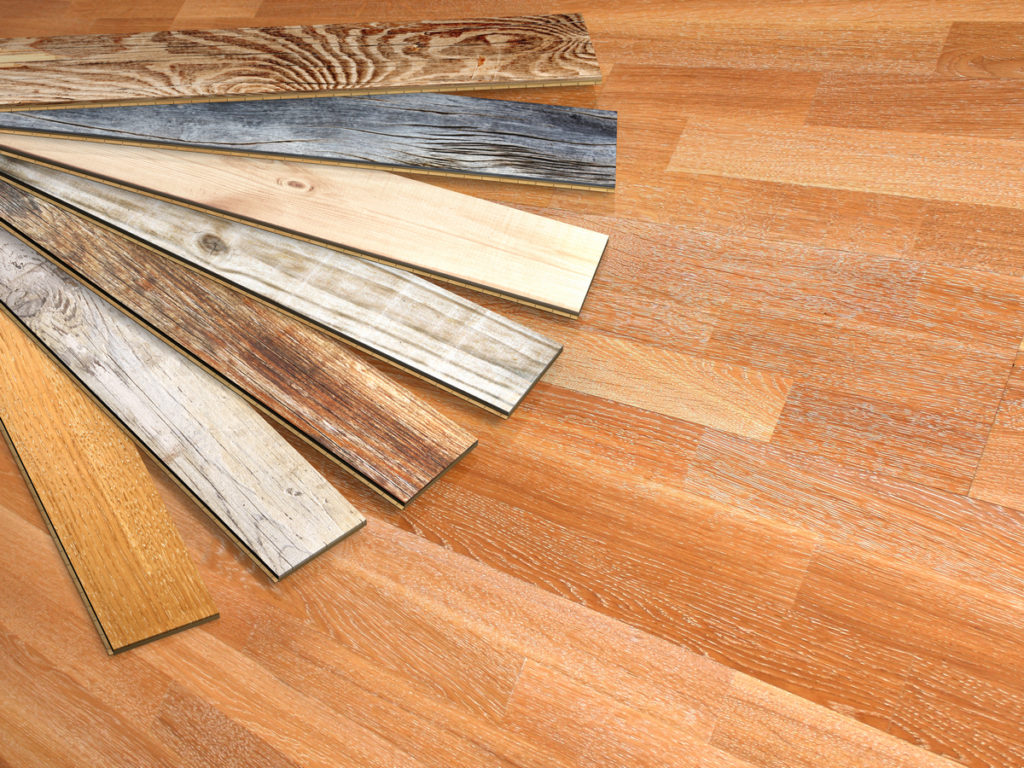
Flooring ratings
The hardness of indoor flooring tends not to come up as much as timber decking ratings. While outdoor timber needs to consider hazard and durability from being exposed to pests and harsh weather, internal flooring strength depends on personal use and aesthetic preferences.
What’s a Janka rating?
The Janka hardness test measures the estimated hardness of wooden flooring and surfaces. The higher the rating, the harder your timber flooring will be. Janka covers aspects of how impact resistant your flooring will be, creating a rating system to contrast and compare the density of timber species.
Janka ratings are helpful for getting a broader understanding for the strength of timber, but won’t give any insight into your floor’s gloss level, colour or scratch resistance. Varying from species to species, timber preservatives will help maintain your timber flooring’s wear and tear capacities.
Below are the Janka ratings in kilo newtons for some of the most popular Australian timber:
| Species | Janka rating (kN) |
|---|---|
| Ironbark | 14 |
| Red Mahogany | 12 |
| Turpentine | 12 |
| Spotted Gum | 11 |
| Brushbox | 9.5 |
| Blackbutt | 9.1 |
| Merbau | 8.56 |
| Jarrah | 8.5 |
| Stringybark | 8.1 |
| Australian Beech | 7.5 |
| New England Oak | 6.1 |
| Victorian Ash | 4.49 |
| Radiata Pine | 3.3 |
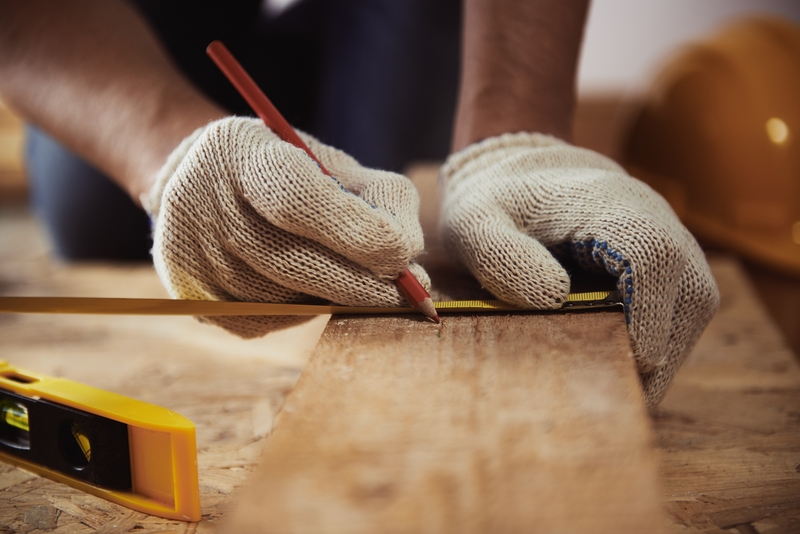
Simple flooring scale
The Australian Timber Flooring Association (ATFA) keeps flooring ratings simple with a classic scale from very hard to soft. It works concurrently with Janka ratings to give you a better understanding of a timber’s durability, with dense hardwoods like Spotted Gum being harder than flexible softwoods like Radiata Pine.
| Very hard | Hard | Moderately hard | Soft |
|---|---|---|---|
| Spotted Gum | Brushbox | Messmate | Radiata Pine |
| Red Ironbark | Merbau | Alpine Ash | Araucaria (Hoop) |
| Grey Ironbark | Stringybark | Tasmanian Oak | Kauri |
| Blackbutt | Jarrah | Victorian Ash | White Baltic |
| Forest Red Gum | Sydney Blue Gum | Blackwood | Western Yellow Pine |
| Brazilian Cherry | Karri | American White Oak | Teak |
Acoustic guides
From residential properties to commercial spaces, excessive noise can impact people’s health, productivity and mood. Measuring flooring acoustics is a way to understand how sound travels in different environments and conditions.
When it comes to improving noise control, it is recommended to choose timber with a high strength-to-weight ratio to balance the floor foundation and underlay. Engineered timber is highly recommended because it’s lightweight and eco-friendly with the stretch of concrete.
Below is the guide for weighted and standardised impact sound pressure levels (LnTw) with the National Construction Code (NCC) for flooring noise requirements:
| ★★ | ★★★ | ★★★★ | ★★★★★ | ★★★★★★ | |
|---|---|---|---|---|---|
| LnTw ≤ | 65 dB | 55 dB | 50 dB | 45 dB | 40 dB |
| NCC (pass/fail) | Fail | Pass | Pass | Pass | Pass |
| Normal speech | Audible | Just audible | Not audible | Not audible | Not audible |
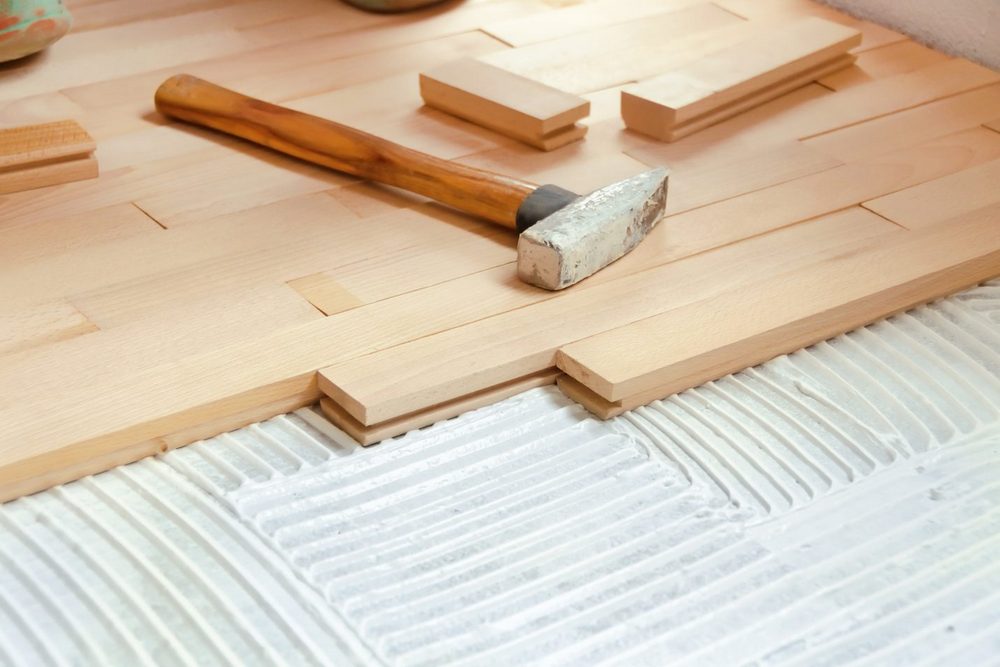
Deciding on timber flooring
Environmentally friendly and naturally stunning, all timber creates a warmer atmosphere and lifts the value of your home.
With different flooring ratings determining timber hardness and sound practicalities, deciding on the right timber flooring will depend on your needs and specific situation.
Hardwood and softwood timber species both have a range of benefits, varying from pricing to durability, that need to be considered before you choose which to work with.
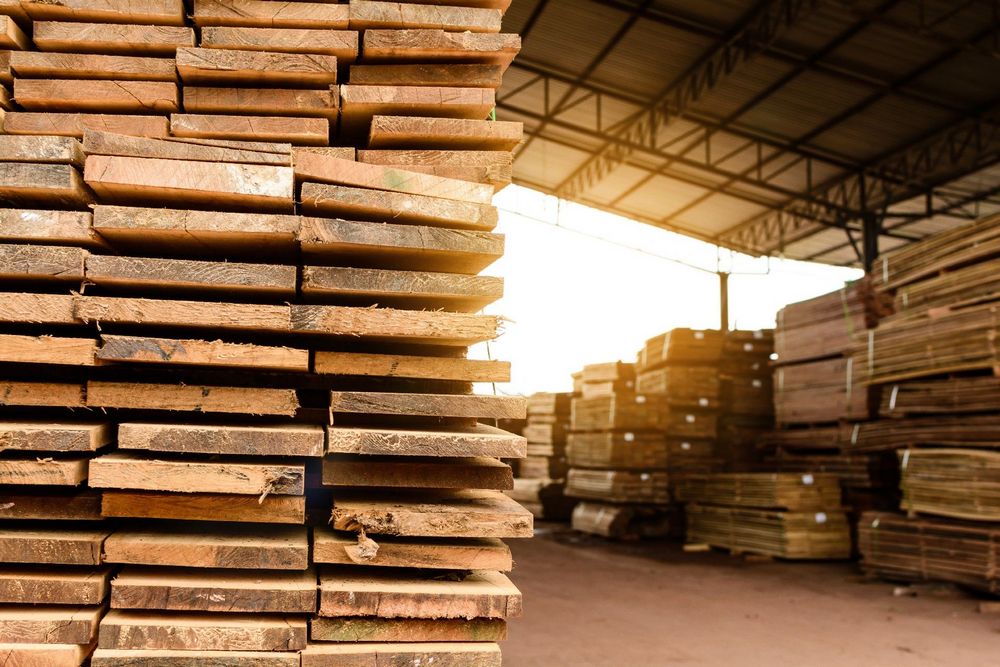
Hardwood flooring
Easy to clean and less likely to be damaged, hardwood timber is a premium choice when it comes to high-quality flooring built to last. Hardwood flooring can be easily sanded, smoothed and refinished over time to keep your home stunning.
Our top choices for hardwood flooring are: Grey Ironbark, Blackbutt and Spotted Gum.
Softwood flooring
When treated and sanded, pine timber flooring can lighten up a room. The softwood is easily harvested and processed around Australia but, as noted above, it lacks the natural strength and durability of hardwood timber.
In the defence of pine, the softwood isn’t delicate enough to be weak. Pine is a highly workable timber, easy to cut and nail. Given the timber’s prominence around the country, it is also a highly cost-effective flooring option. While it can be treated for enduring strength and sanded over time, pine flooring is more susceptible to wear and needs to be properly maintained.
Hoop Pine
- A soft timber grown throughout Queensland
- Light yellow brown to pale cream with a straight grained texture
- Widely available, easy to work with and affordable - low density